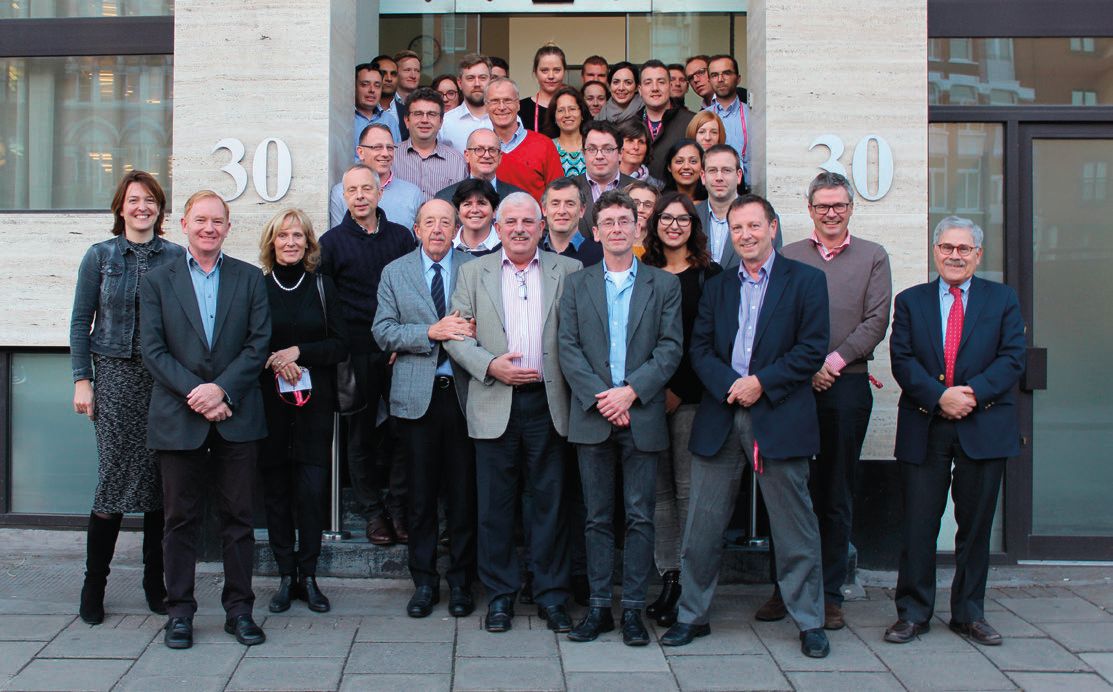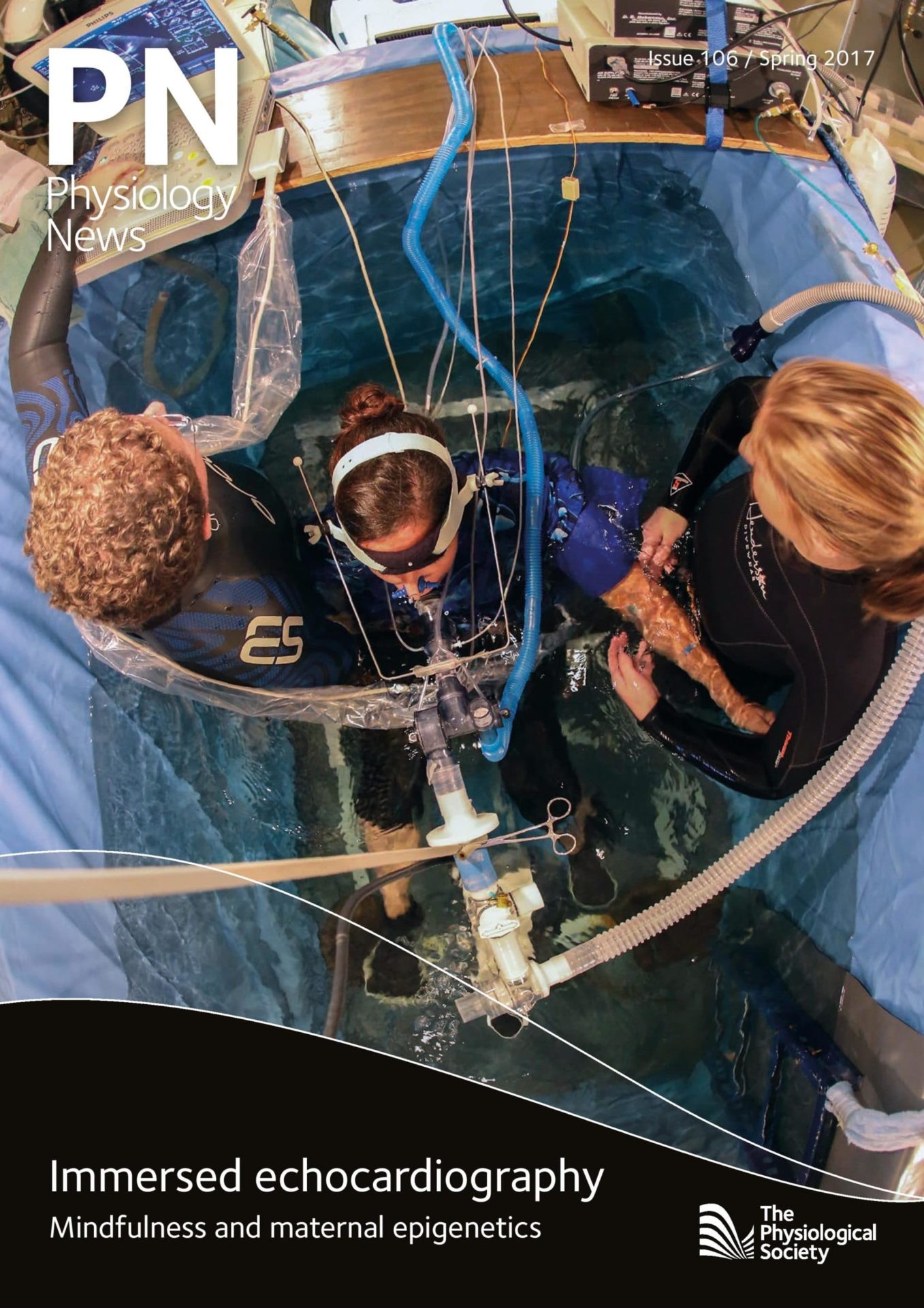
Physiology News Magazine
Bile Acids in the Small Intestine and Colon
17-18 November 2016, Hodgkin Huxley House, London, UK
Events
Bile Acids in the Small Intestine and Colon
17-18 November 2016, Hodgkin Huxley House, London, UK
Events
Stephen Keely
Royal College of Surgeons, Ireland
Cormac Gahan
Alimentary Pharmabiotic Institute, Cork, Ireland
Julian Walters
Imperial College London, UK
https://doi.org/10.36866/pn.106.19
The Bile Acids in the Small Intestine and Colon Meeting, or BASIC for short, was held at the Physiological Society Headquarters, Hodgkin Huxley House, on 17-18 November 2016. Over 40 ‘bilophiles’ were in attendance, coming from the UK, Ireland, Europe and the USA, to discuss this rapidly evolving and highly dynamic field of study.
Classically known as facilitators of fat digestion, we now appreciate the importance of bile acids as a family of hormones in their own right that control many diverse aspects of human physiology. With their biological activity being inextricably linked to the shifting populations of bugs in our guts, it is a daunting challenge for researchers to figure out how such interactions impact our physiology, let alone how they can be targeted to treat disease. This was a unique meeting, funded by a Catalyst Award from Science Foundation Ireland, that aimed to bring together many of the leading academic researchers, clinicians and industry partners in the field to discuss the state of the art, identify areas of research priority and to seed new collaborative links.
Topics of discussion covered such diverse subjects as how bile acid biosynthesis is regulated, how they contribute to the pathogenesis of diseases both within and beyond the gut, how they can be used as biomarkers, new experimental models to study their physiological functions and how they can be therapeutically exploited for the benefit of patients. With our fast-growing knowledge of how bile acids and the intestinal microbiota interact with each other to contribute to the development of cancer, chronic bowel disorders, diabetes, obesity and psychological disorders, along with the emergence of potent new drugs to target bile acid receptors in the therapeutic setting, there was much ground to cover over the 2 days of the meeting.
A definite highlight was the meeting dinner, which was held at The Easton, not far from H3. This cosy Gastropub was the perfect venue to continue the lively discussions and debates, while relaxing and enjoying some delicious Great British gastronomical fayre. Early career investigators mingled with their more experienced counterparts, and as the night wore on, new connections were made, new ideas sown and new collaborations formed. When the participants parted ways at the meetings end, there was a consensus that even though great progress is being made, there are still many more questions than answers. We are only beginning to understand how ‘microbial fingerprints’ create ‘bile acid signatures’ and how the molecular messages encoded by these interactions are critical to the maintenance of our health and the development of chronic diseases. As we continue to work towards understanding the science involved, all agreed that the first BASIC Meeting should not be the last.
The Organisers would like to extend sincere gratitude to Science Foundation Ireland for funding the BASIC meeting. We also thank our Industry colleagues, from Falk Pharma, Intercept Pharma, the Johnson and Johnson Innovation Centre, and GE Healthcare for attending and contributing so greatly to the discussions. Finally, we also give thanks to the Physiological Society staff for providing us with such a fantastic venue at H3, with an extra-special thanks to Christine Carr for her warm welcome and making sure that the BASIC meeting was such a success.

